Dr. Irma Fast Dueck, Associate Professor of Practical Theology, began her teaching career at Canadian Mennonite Bible College, one of CMU’s predecessor colleges, in 1991.
What do you love about your work here?
I love the students and I love my colleagues. I also love the fact that we’re a small enough university that we can’t develop silos. Theology spills into music, which spills into math, and so on. Our lives don’t fit into neat categories—most of our lives are this muddy, murky in-between—and we have a university that embodies that.
What did you teach this past year that most excited you?
Theologies of Power. It’s an upper level course in theology, and students come from all over the place, including business and communications. It was fascinating to teach them a concept in thinking of power, and then watch them take that concept and read it through their discipline. Power is so insidious—it’s everywhere. For these students to recognize that and work in this interdisciplinary way was awesome to watch.
What are you researching and writing right now?
I’m working on a book about baptism, which I’ve been researching and writing for three years now. The big question that I’ve been wrestling with is: Why aren’t young adults getting baptized? I’ve noticed in my tradition, Mennonite Church Canada (MC Canada), many young adults are actively involved in church organizations but aren’t baptized. Why is that? Why are they hesitant to make commitments to the church? What’s going in in terms of how they interpret the meaning of baptism?
What are you reading for enjoyment?
I just finished reading Lawrence Hill’s The Illegal, about a marathon runner who becomes a refugee. And, I’m always reading poetry, so Mary Karr and Kei Miller are two poets that I’m working through right now. Someone introduced me to them when I was on sabbatical in Scotland. I read a poem a day by each of them.
What do you most long for in your work?
What I long for is that love is at the core of who students are, even as they are aware of the complexities and problems of life, and deal with very real fears. I hope that in spite of the complexities, they don’t slide into cynicism or despair, but that they still love—they love God, they love creation, they love the wonder of this world, they love each other, and they love those who are different from them.
Do you have any interesting projects underway in the broader community or church?
I just finished the Listening Church project with my friend, Darryl Neustaedter Barg, where we interviewed Mennonite LGBTQ people about their experiences in MC Canada congregations and created a video. That was a great project—it gave me a sense of hope for the church. Right now, I’m on the steering committee put together by MennoMedia, MC Canada, and Mennonite Church USA that is overseeing the development of a new Mennonite song collection. We are trying to figure out what congregations need and how the church can resource them for their singing and worship. I’m excited about it.

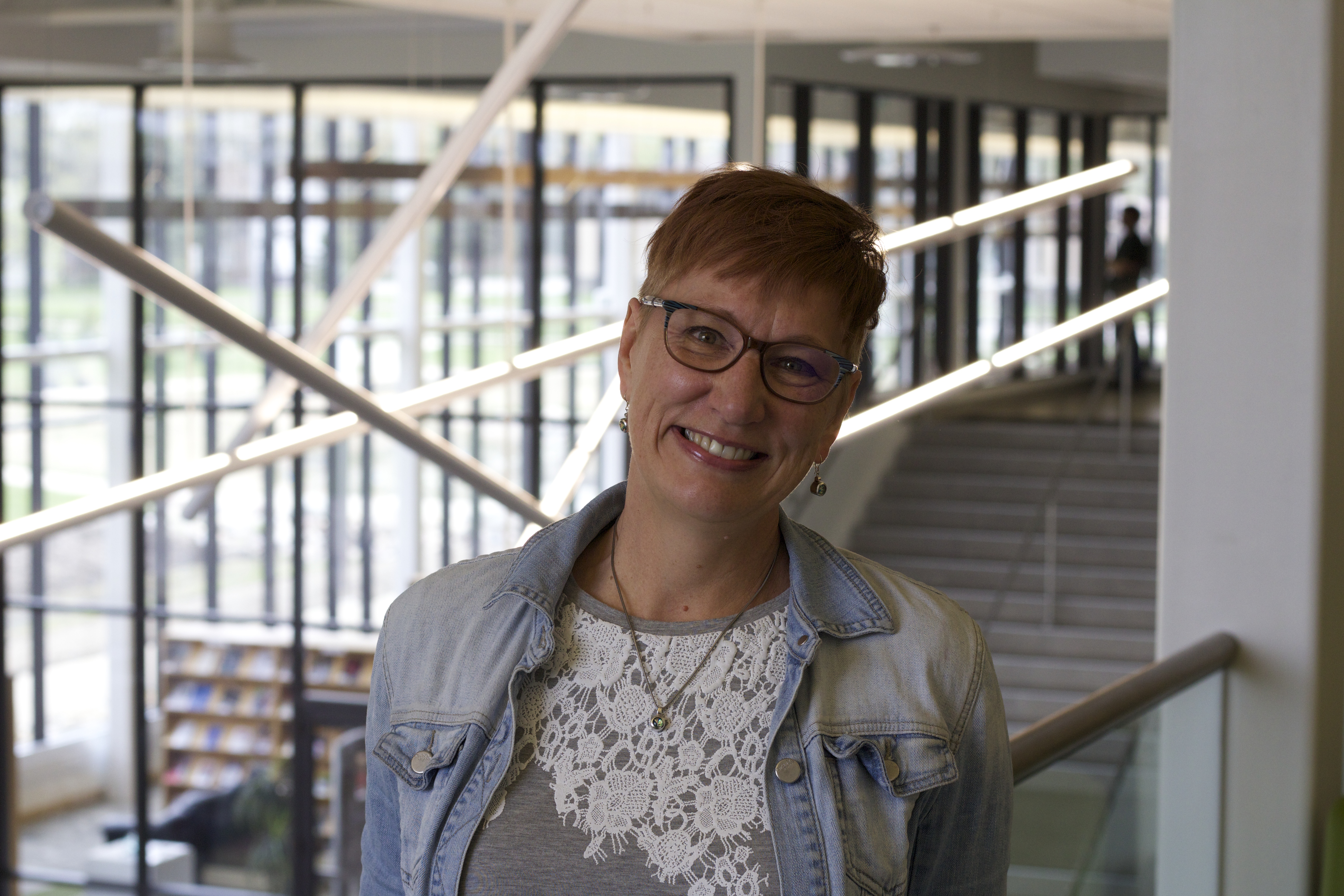
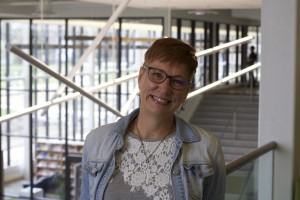
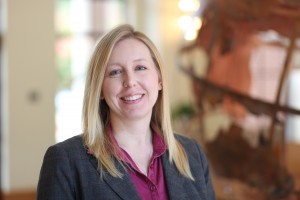
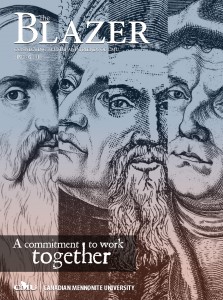
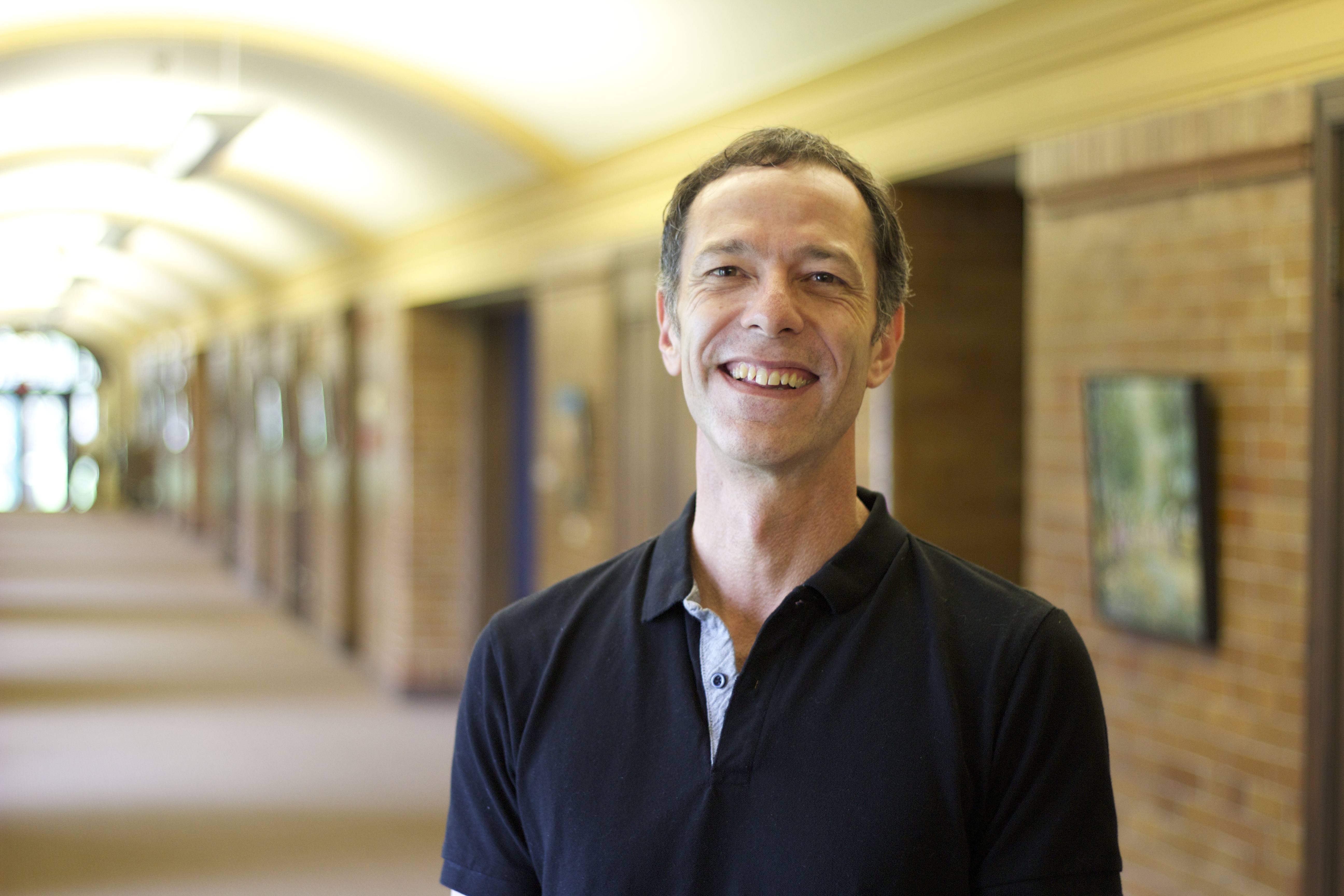
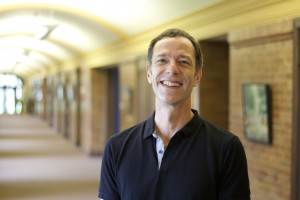
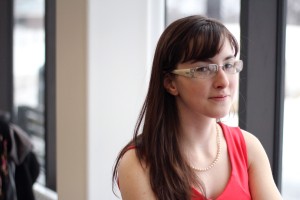
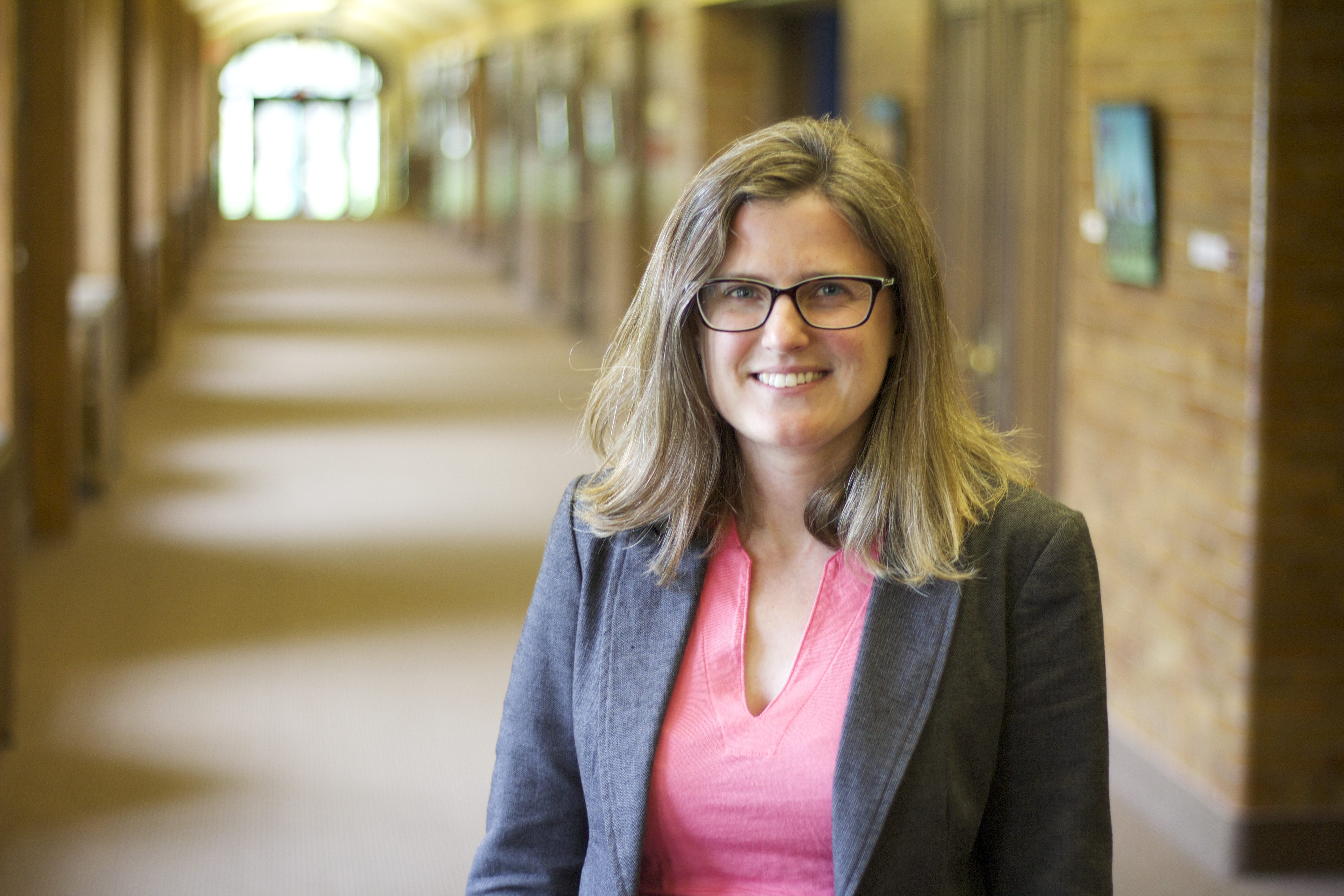
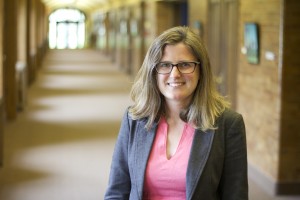
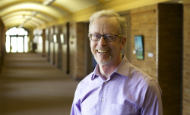
![2016-04-28 - Faculty In Their Words Andrew Dyck [01]](http://www.cmu.ca/media_archive/wp-content/uploads/2016/04/2016-04-28-Faculty-In-Their-Words-Andrew-Dyck-01-300x200.jpeg)
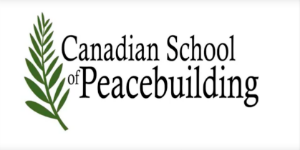
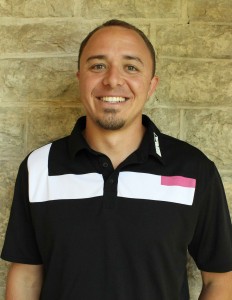 Originally from Abbotsford, BC, the Barkmans have also been instrumental in the development of Peace Assemblies Network, also known as the Philippines Anabaptist Network, a group of peace-oriented individuals and churches who seek to transform their society by embodying a culture of peace in their faith communities in the Philippines.
Originally from Abbotsford, BC, the Barkmans have also been instrumental in the development of Peace Assemblies Network, also known as the Philippines Anabaptist Network, a group of peace-oriented individuals and churches who seek to transform their society by embodying a culture of peace in their faith communities in the Philippines.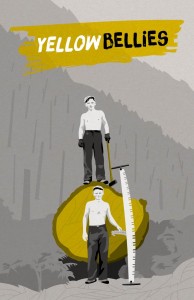 Three Canadian Mennonite University students are conducting research and assisting in the development of the upcoming Theatre of the Beat (TOTB) play, Yellow Bellies.
Three Canadian Mennonite University students are conducting research and assisting in the development of the upcoming Theatre of the Beat (TOTB) play, Yellow Bellies.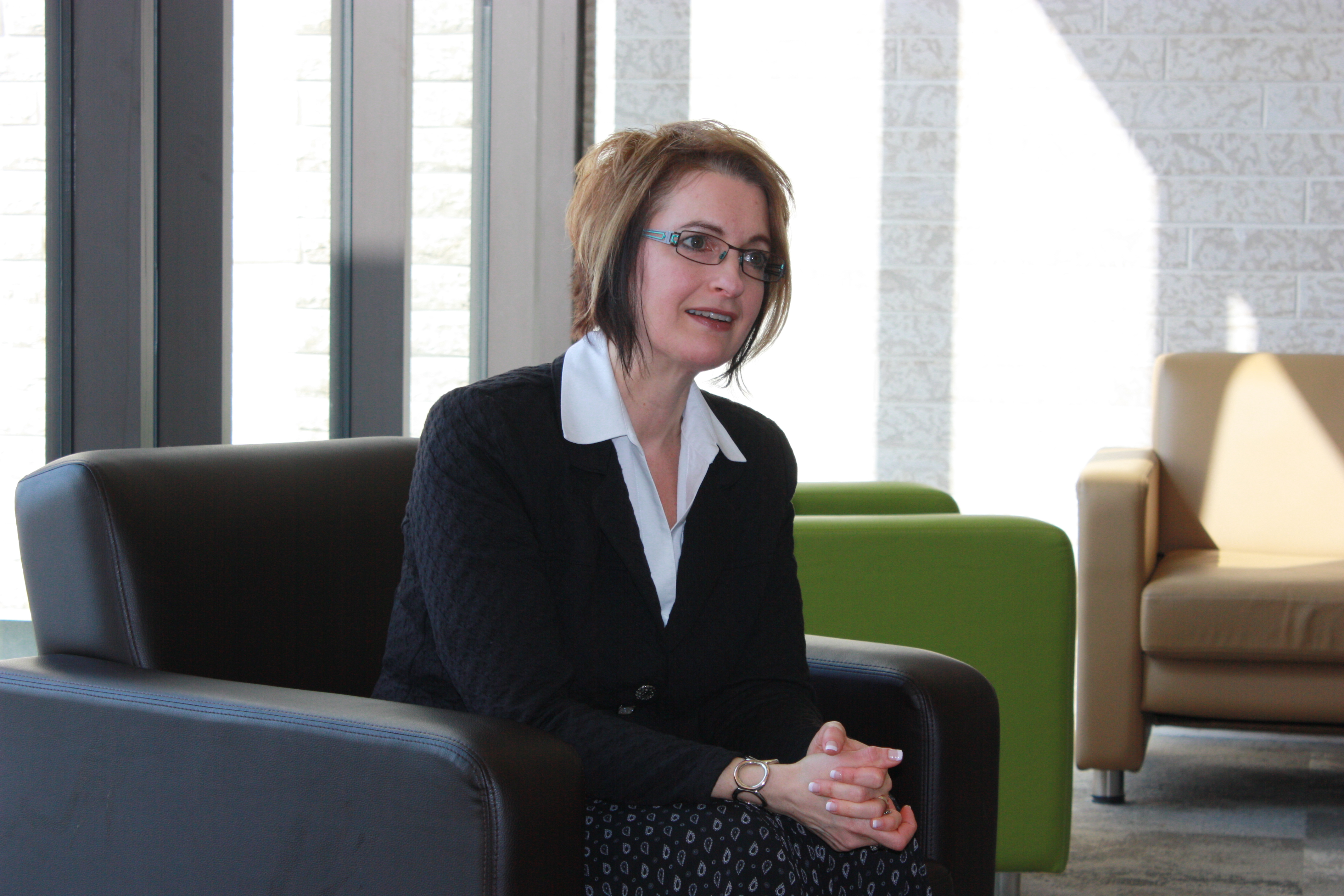
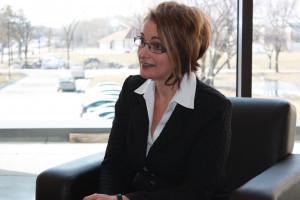 Dr. Janet Brenneman, Associate Professor of Music and Dean of the School of Music, has taught at CMU since 2001.
Dr. Janet Brenneman, Associate Professor of Music and Dean of the School of Music, has taught at CMU since 2001.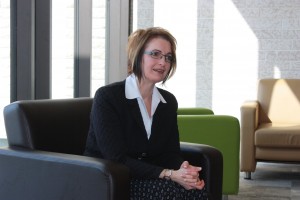 What do you most long for in your work?
What do you most long for in your work? 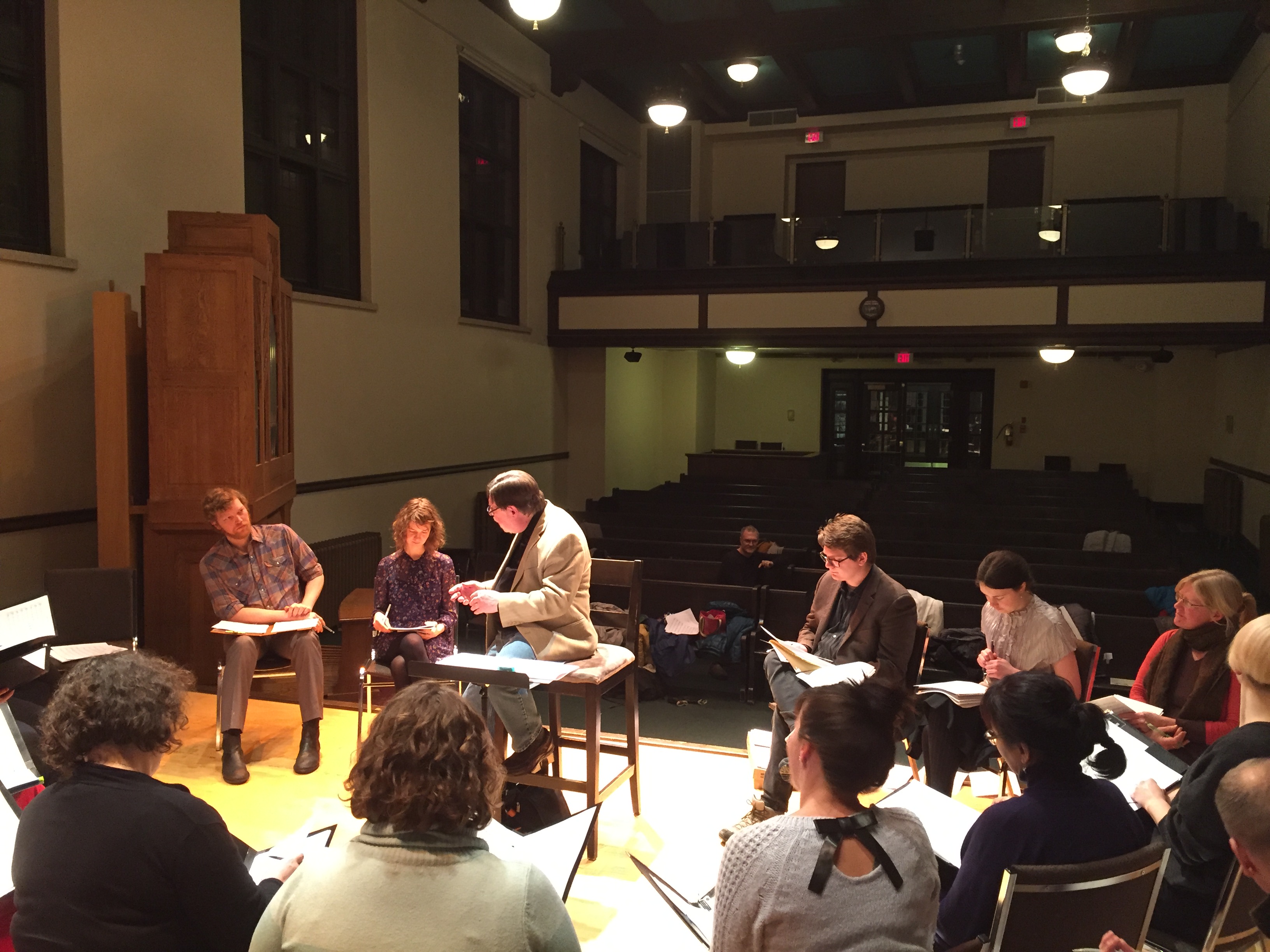
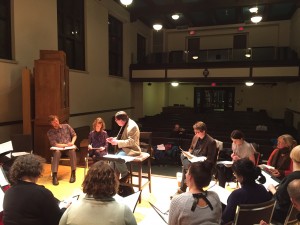 At the Interplay workshop on February 20, CMU students Mark Holmes a Court, Dominique Lemoine, Tirzah Lyons, and alumnus Jesse Krause (CMU ’10), heard their scores come alive as they were sight read by the choir. Their scores were chosen from among those submitted in response to an open call for compositions.
At the Interplay workshop on February 20, CMU students Mark Holmes a Court, Dominique Lemoine, Tirzah Lyons, and alumnus Jesse Krause (CMU ’10), heard their scores come alive as they were sight read by the choir. Their scores were chosen from among those submitted in response to an open call for compositions.